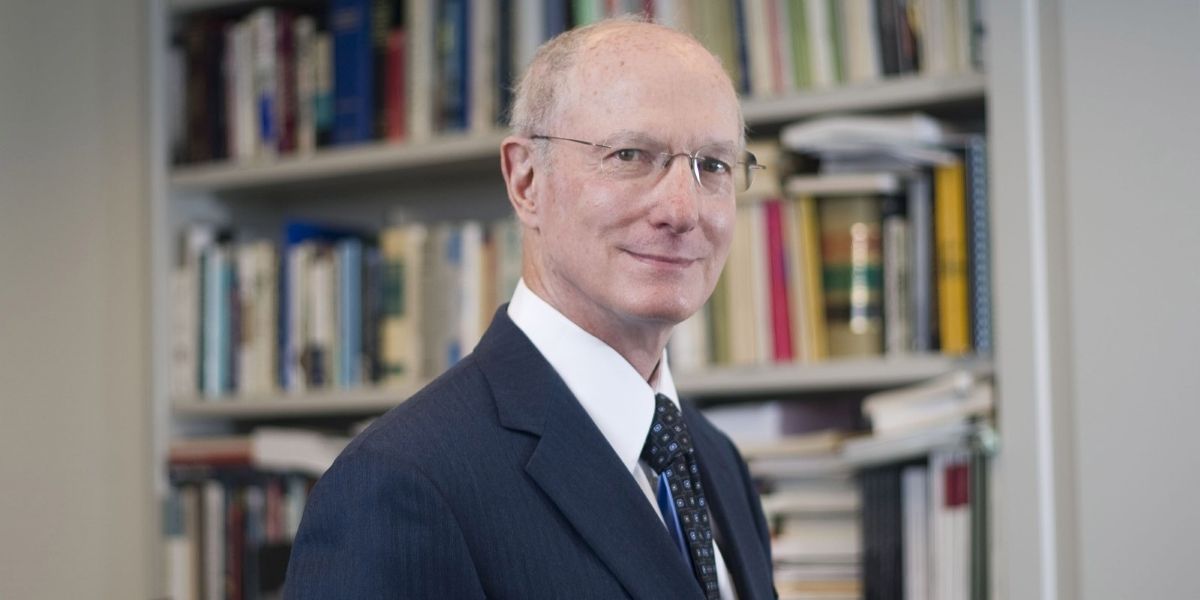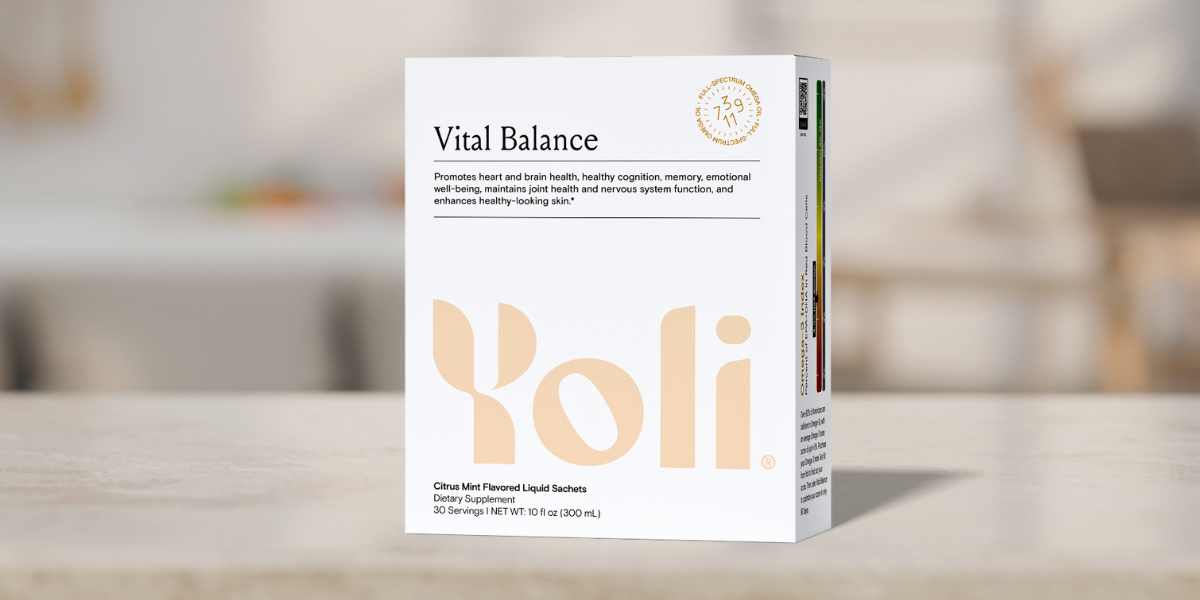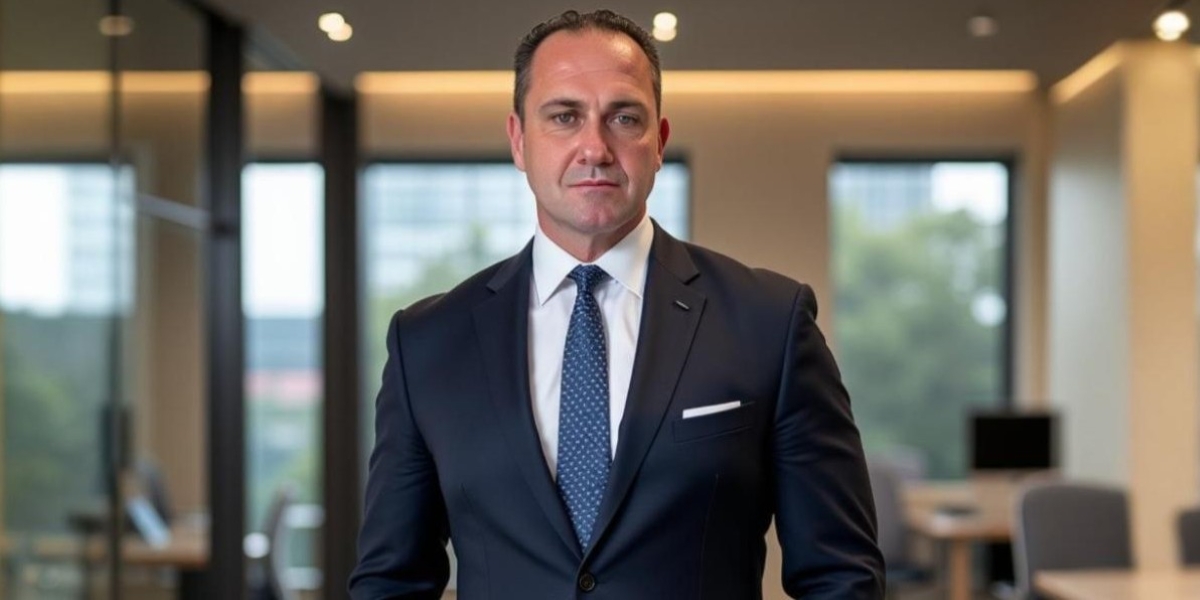Worldview is the lens through which people perceive, interpret, and respond to the world around them. It is shaped by one’s experiences, beliefs, values, and cultural backgrounds. It not only influences how people view reality but also their behavior and how they interact. This means a person’s worldview can either be a source of strength or limitation.
Developing a healthy and positive worldview can have a powerful impact on people’s lives by enhancing their sense of self-reality, increasing their optimism, and augmenting their resilience in the face of adversity.
Milan Ljubincic of Adelaide Psychology explains that people’s worldviews can lead to optimism and strength if managed appropriately. According to him, people’s preconceived notions about who they are and how the world operates determine how they live their lives. With some effort, a person may even be able to navigate their worldview to avoid anxiety, depression, and other mental health issues.
Diving deep into one’s primal worldview
What we believe can be described as our philosophy, paradigm, or perspective. In other words, our worldview. Psychologists have developed the concept of ‘Primal World Beliefs’ or ‘Primals’, which are people’s basic beliefs about the world as a whole. According to a study by empirical researcher Dr. Jef Clifton, humans do not form perceptions of what is objectively true about the world. Often, these perceptions stem from individuals’ brains piecing together ideas based on their pre-existing beliefs. People’s core beliefs are intrinsically linked to how they manage and direct their lives.
Ljubincic elaborates that primal world beliefs form in a person’s early years as the human brain rapidly develops and is highly receptive to new information. During this time, parents, siblings, caregivers, and other influential adults provide messages about the world via their words, actions, and behaviors.
“These messages can be explicit, such as direct statements about the nature of reality, or implicit, conveyed through tone of voice or body language,” Ljubincic says. “A child that is taught that the world is typically dangerous and unfair will form a more pessimistic worldview than the child taught that the world is safe and stable. These messages shape people’s beliefs about themselves and the world around them, and can have a profound impact on their sense of self and their relationships with others.”
The impact of the primal worldview
Primal world beliefs influence people’s thoughts, emotions, and behaviors. According to Ljubincic, people whose beliefs are positive and empowering tend to feel confident, capable, and resilient in the face of challenges. Consequently, those whose beliefs are negative or limiting tend to experience insecurity, anxiety, and depression.
Cognitive therapists also explain that people’s assumptions and interpretations determine their mental health. For example, if someone holds a belief that “people are generally untrustworthy,” they may have difficulty trusting others and struggle to form close relationships. If someone holds a belief that “I am not good enough,” they may live with self-doubt and low self-esteem, which can impact their drive to achieve their goals.
With this in mind, Ljubincic emphasizes the importance of creating healthy and more optimistic worldviews, turning beliefs into something that empowers, builds, and encourages one to be better. He explains that optimism is more than just a cheerful disposition; it’s a mental framework that encourages resilience, well-being, and success in various aspects of life. Developing a positive outlook not only benefits individuals but also contributes to a healthier society.
“People with positive worldviews tend to be more optimistic, have a stronger sense of purpose and meaning, experience greater life satisfaction, and can be more resilient in whatever life throws ahead,” he adds.
Strategies to develop a more optimistic worldview
Developing a healthy worldview requires intentional effort and reflection, examining one’s beliefs and values and how they shape one’s perspectives. Ljubincic shares specific strategies people can apply to develop a healthy worldview:
1. Practice gratitude.
Gratitude, the act of recognizing and appreciating life’s positives, has been linked to increased happiness, reduced stress, and a more optimistic outlook in various research studies. Ljubincic suggests developing a mindset of ‘infinite gratitude’ by mentally acknowledging and being grateful for the small things, from morning to night, such as observing a bird grooming itself in a tree or a quiet moment to yourself. A daily gratitude journal is another good practice, suggesting a minimum of three daily points of gratitude be noted. Over time, Ljubincic asserts that this practice can help foster optimism, and shift people’s mindset towards a worldview that life is beautiful and worth exploring.
2. Learn from setbacks.
Challenges and setbacks are unavoidable in life; however, Ljubincic explains that an individual’s response to these obstacles can shape their worldview. Embracing setbacks as opportunities for growth and learning can foster a more positive and resilient perspective. Overcoming adversity cultivates strength and resilience in one’s mind, body, and spirit. “Things will not always work out the way we hope, we will experience disappointments, it’s inevitable. However, avoiding stress and challenges does not serve us; it stifles our growth and satisfaction,” he explains.
3. Embrace the unknown.
An individual’s meaningful purpose tends to unfold over time, and it doesn’t necessarily require planning, according to Ljubincic. A happy, fulfilling life often involves a journey into the unknown. “Unfolding opportunities that don’t currently exist and that we are not yet aware of can be exciting and fulfilling,” Ljubincic observes. “Embracing the unknown can also encourage a shift in world belief that life is safe, comfortable, and stable,” he adds
4. Seek out diverse perspectives.
Exposure to diverse perspectives can broaden an individual’s understanding of the world and challenge their assumptions. This process can also foster the development of empathy and a more understanding viewpoint toward others. Ljubincic suggests reading widely on a given topic, building meaningful conversation with the purpose of learning, and developing quiet reflection as ways of shifting towards a more balanced perspective.
5. Pay attention to one’s strengths.
Ljubincic emphasizes the importance of individuals identifying their strengths and adopting an attitude of letting go of weaknesses. He explains, “People should discover what they are good at and focus on those areas. When we focus on strengths we are motivated, productive, and more likely to achieve better results. Strengths can become the blueprint to navigate work, personal relationships, and life.”
Balancing optimism and morality
While cultivating optimistic views is essential, Ljubincic also cautions individuals to be mindful of the fine line between developing a positive worldview and exhibiting a narcissistic self-identity. “An inflated self-perception can lead to rigid and uncompromising views of reality where things are either black or white, with no shades of gray. By balancing our perspective we can maintain good moral development, serve the greater good, and not harm others to achieve success,” he says.
“Ultimately, seeing our human experience as safe, beautiful, and meaningful can offer a transformational shift in perspective towards a more positive worldview,” he summarizes.
A person’s worldview profoundly influences how they perceive themselves and the world around them. By intentionally fostering a healthy and positive worldview, individuals can enhance their mental and physical well-being, ultimately leading to more fulfilling lives.
Milan Ljubincic is an internationally recognized psychologist in the area of depth psychology, where he bridges the gap between psychology and spirit. He is the author of the International Bestseller, Island of Souls: Light within the Dark, and is currently the Clinic Director and Principal Psychologist of Adelaide Psychology.









